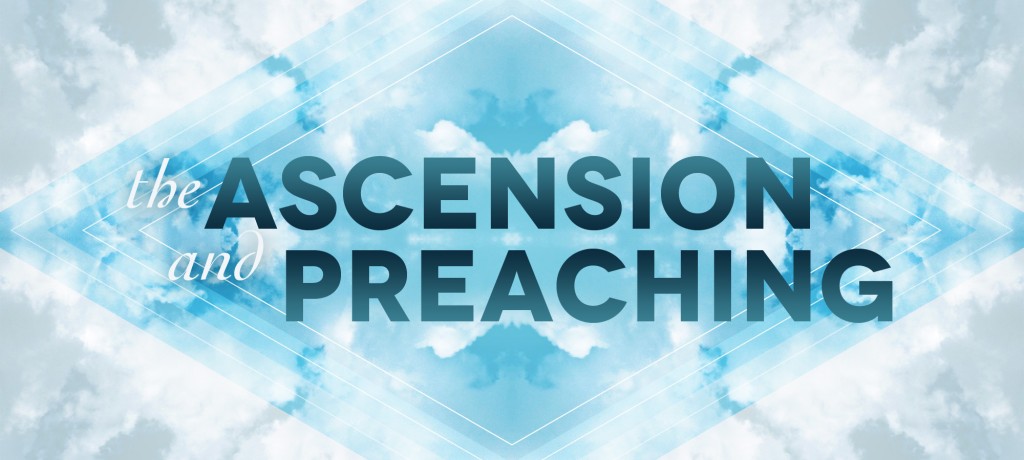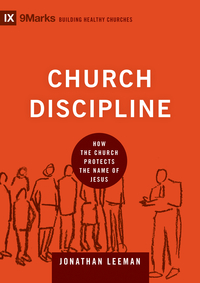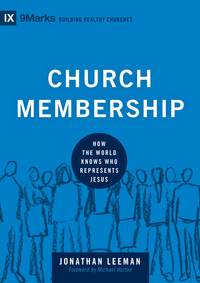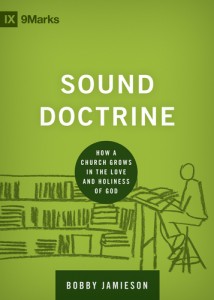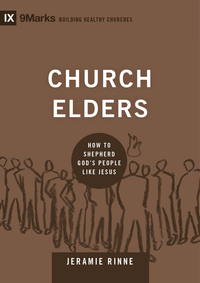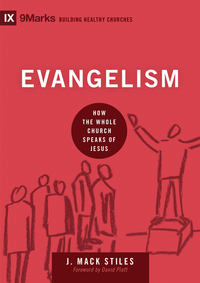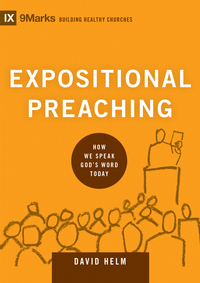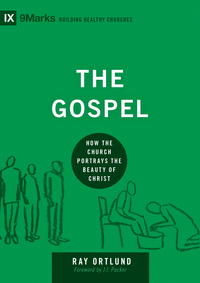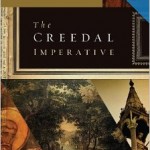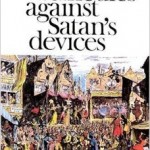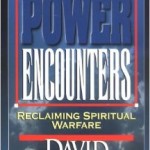One of my favorite books on preaching is Tony Merida’s Faithful Preaching: Declaring Scripture with Responsibility, Passion, and Authenticity.
The book has a strong Trinitarian emphasis as Merida calls preachers to preach Christ unto the glory of God with the help of the Spirit. Such a goal is no easy endeavor though. Obstacles to Trinitarian preaching can be found in the preacher’s motivation, message, and manner. Merida discussion of four obvious obstacles within a preacher’s motivation is most useful.1
4 MOTIVATIONAL OBSTACLES TO FAITHFUL PREACHING
Obstacle #1: Indwelling Sin. Sin clouds our vision of God and hinders intimacy with God. Consequently, our motive gets distorted when our hearts are not clean. Our motive may end up being popularity, praise, success, or power. Therefore, the primary opponent we have to deal with in preaching motivation is the indwelling residue of sin, and the pride that so interwoven with it.
Obstacle #2: The Praise of Men and Fear of Men. Preachers regularly care too much about the reaction of people. Many times we forget that the primary audience of our sermon is God not people. If we neglect this reality, we will fall into the trap of either altering the message to please people or not preaching truth because we fear people. Remember that if you do not please God, it really does not matter who you please.
Obstacle #3: Competition and Jealousy. The unfortunate competition between preachers is on perpetuated by the contemporary milieu of the day. Many preachers tend to get jealous when others are favored as the keynote speaker, or receive offers from large churches.
An old 4th century story illustrates this well. Some inexperienced demons were finding it difficult in tempting a godly hermit. They lured him with every type of temptation, but he could not be enticed. The demons returned to Satan and recited their problem. He responded that they had been far too hard on the man. Satan said, “Send him a message that his brother has just been made bishop of Antioch. Bring him good news.” Baffled by the devil’s advice, the demons returned and reported the wonderful news to the pious hermit. In that very instant, he fell into deep, wicked jealousy. Jealousy can tear down the godliest ministers.
Obstacle #4: Obsession with Church Growth. Obsession with church growth has the power to keep you from preaching for God’s glory. The temptation is to do “whatever works” (pragmatism) in order to attract a crowd, keep your job, or get a raise. However, the means to not always justify the ends. A faithful preacher has a higher goal than merely putting people in the seat and paying the church’s bills. We have a doxological purpose in preaching (glorifying God) before we have a numerical purpose in preaching (increasing numbers).
- The following content is adapted from Faithful Preaching, 24-27. ↩


